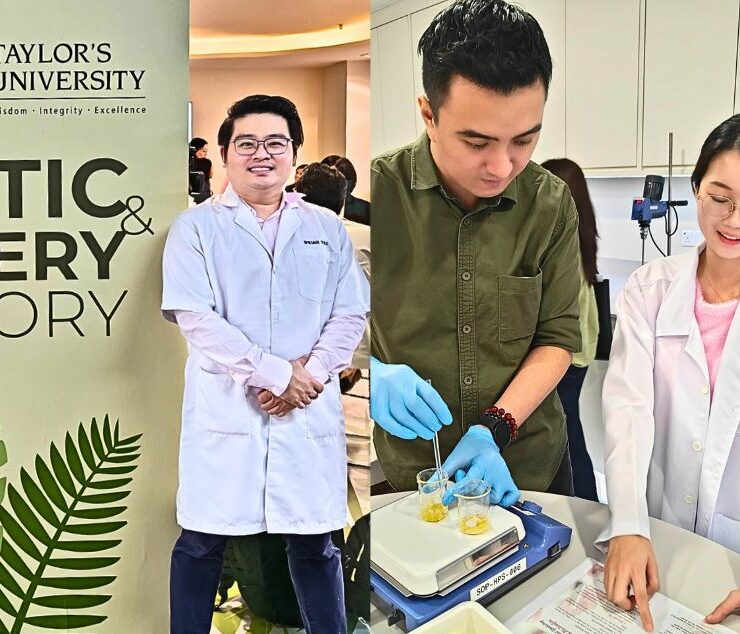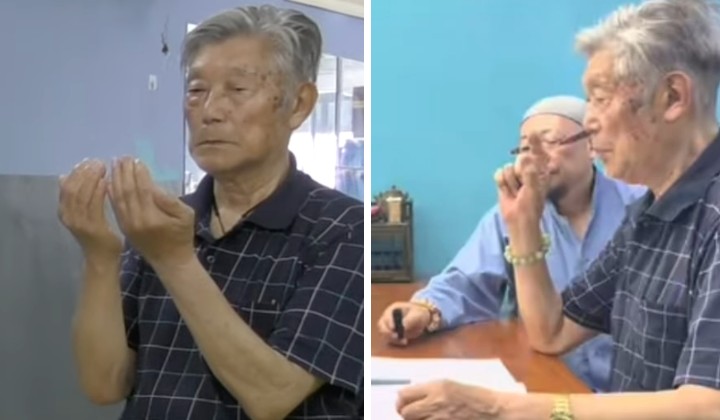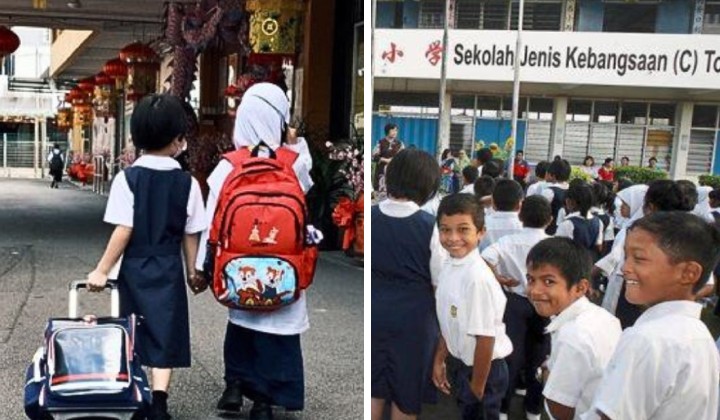Bumiputera Students Dominate University Admissions: Non-Bumiputeras Left Behind
81.9% of Bumiputera students secured places in local universities for the 2022 intake, leaving non-Bumiputeras with only an 18.1% share.

Subscribe to our FREE Newsletter, or Telegram and WhatsApp channels for the latest stories and updates.
In a startling revelation, MCA president Datuk Seri Wee Ka Siong disclosed that 81.9% of Bumiputera students secured spots in local universities for the 2022 intake, leaving non-Bumiputeras with a mere 18.1% share.
In a Facebook post, Wee mentioned submitting a written inquiry to the Minister of Higher Education (MOHE) in Parliament.
His query sought information on the admission rates of students from all ethnic backgrounds in government universities, along with a specific focus on listing the five most sought-after subjects among pre-university and Sijil Tinggi Persekolahan Malaysia (STPM) students.
As per MOHE’s response, the MyMohes system indicated that 81.9% of Bumiputera students enrolled in local universities in 2022, while non-Bumiputera students comprised 18.1%.
MOHE’s response highlighted the top five subjects for STPM graduates, namely Bachelor of Entrepreneurship (Tourism), Bachelor of Commerce (Engineering Enterprise), Bachelor of Management and Education (Malay), Bachelor of Commerce and Bachelor of Commerce (International Business).
Similarly, pre-university graduates’ most popular subjects are Bachelor of Accountancy, Bachelor of Mechanical Engineering, Civil Engineering, Bachelor of Business Administration, and Bachelor of Medicine.
Unequal Access: The Call for Fairness in University Admissions
This imbalance has sparked concerns about the challenges faced by non-Bumiputera students in gaining admission to government universities, raising questions about equity and opportunities in higher education.
Wee’s inquiry at Parliament shed light on the stark disparity in university admissions, underscoring the uphill battle for non-Bumiputera students.
The issue of unequal access to higher education opportunities has been a recurring topic, with instances of high-scoring students from minority groups facing difficulties in gaining admission to public universities or pre-university matriculation colleges.
This has led to discussions about racial quotas and preferential treatment in the selection process for university admissions, with some advocating for a more inclusive and fair approach to address the disparities.
Additionally, some Bumiputeras have expressed frustration, stating that they also face challenges in gaining admission to universities.
Mana ada lagi kuota, member2 melayu aku ada yg tak dapat, dah bagus pon tak dapat cer lah apply poli asyik Uni je, quota mana pulak, hak istimewa lah, ahli politik, lecturer ada jer tu non bumi ada jer masuk Universiti Awam
— ggmu (@ZaidinHaziq) September 13, 2023
When the minorities want equal opportunities in tertiary education, kena kutuk, asked to balik India/China,hantar death threats dan mcm2 lagi.Bila org kaya dari kaum sendiri sapu scholarship and kuota university, tetiba ‘dia dapat sebab merit’. Different kind of stupid. Really.
— கிருஷ்ணா (@krishk_kumar92) November 24, 2023
Pendidikan universiti itu sendiri mestilah adil, adil dan terbuka, dan pelajar yang mendapat gred cemerlang akan diterima masuk secara normal. Kita patut hapuskan sistem kuota dan keutamaan Melayu. Dasar tidak adil untuk etnik minoriti, Cina dan India.
— chng (@khaii0501) November 21, 2023
Striving for Equity: The Call for Meritocracy in Higher Education
As the spotlight shines on this issue, addressing the barriers hindering non-Bumiputera students from accessing higher education opportunities is crucial, ensuring that all aspiring scholars have an equal chance to pursue their academic ambitions.
This concerted effort is essential to guarantee that every aspiring scholar, regardless of background, is afforded an equitable chance to pursue and achieve their academic aspirations.
Non-Bumiputera voices are increasingly advocating for a meritocratic approach to university admissions, emphasizing the importance of recognizing and rewarding academic achievement based on individual merit.
Previously, Prime Minister Datuk Seri Anwar Ibrahim faced criticism for his response to a matriculation student’s question about meritocracy during a dialogue in Penang.
Many suggested that his handling of the sensitive subject matter could have been more tactful.
Share your thoughts with us via TRP’s Facebook, Twitter, Instagram, or Threads.





